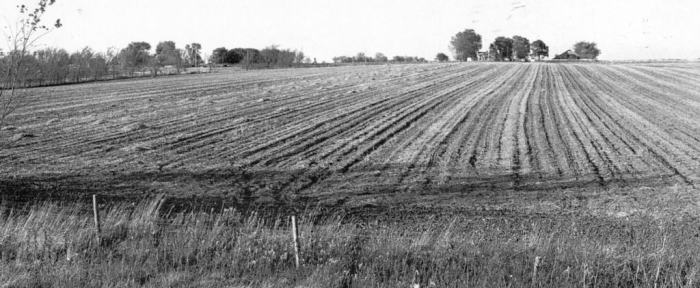EverGreenCoin Gardens
Farming and Ranching are some of the world’s oldest professions. Without farming and ranching we would not live in civilization as we do today. These disciplines allowed humans to cultivate and produce their own food, alleviating the burdens of foraging and hunting.
Foraging and hunting took all day or multiple days to accomplish a harvest. Being able to harvest our food in a single location gave us time and security. Without the worry of where the next meal was coming from; we could travel further (with the food we produced) and we had time to build and create.
Agriculture has been and still is one of the largest industries in the world. Our ancestors that were able to ranch and farm were also some of the world’s first entrepreneurs. Since they knew how to produce and thus overproduce; they could use their over production for trade. Trade is the first form of currency; an exchange of goods for goods and/or services.
In the past few thousand years, most people were proficient in agriculture. It has only been recently that someone can’t plant a seed without google or kept a couple of pigs, chickens, and goats around the property.
In the mid 1800’s, 80% of the industry in the United States was farming. It wasn’t until the Industrial Revolution that common people forgot these skills and had to start producing for other humans.
Since the Industrial Revolution our environment has been in decline. People have forgotten so much about the environment that they don’t care about it anymore. Unfortunately, this way of life is not sustainable for humans or the earth.
We can’t keep taking from and destroying our environment if we want to progress as a species. There is no such thing as reaping without sowing. We can’t keep burning jet fuel in the skies and indiscriminately dumping industrial waste. We can’t keep spending billions of dollars to drill for oil when we can make biodiesel from most plants. We can’t keep chopping down forests when there are hundreds of other materials that have the same effect, at no cost to the environment.
So what can we do about this? We can start by taking our environment back. If more individuals and communities on our planet had a small garden, wind and solar, a few chickens and a goat, collected their own rainwater, and reused and reduced their own waste; we could sustain our environment and families much better. We would know where all of our food and energy came from without the worry of industrial pesticides or waste. Under this system we would also be taking back our health. We could trade our own skills and produce in exchange of goods and services.
What would we do about money though? We all love to have fun, travel, socialize, and explore. You certainly can’t go more than 100 miles by trading a dozen eggs or a few heads of lettuce. What if there was an asset that paid you just for owning it and allowing it to operate on a network? While doing so, helped and supported other environmentally-aware projects and humanitarian efforts.
There is an asset that does just that! It’s called EverGreenCoin. This environmentally friendly currency gives back to the people that give back to the environment. Whether it be from making 7% on your stake, education and training, or just an exchange of value; EverGreenCoin focuses on the long term sustainment of the Earth’s entire ecology. Cultivating and nurturing both our economics and environment.
Welcome to EverGreenCoin Gardens.
Agriculture
What is Agriculture? Want to learn how to raise animals? Need to build a fence to protect your garden? Learn more on the EverGreenCoin Agriculture Page.
Gardening
On the EverGreenCoin Gardening Page you can learn how to preserve your own food, grow a garden, make compost and fertilizers, plant medicine, and much more.
Economies, Groceries and Communities
What are the practical uses for EverGreenCoin in Food CO-OP’s, Farmers Markets, and Community Gardens? Find out HERE.






